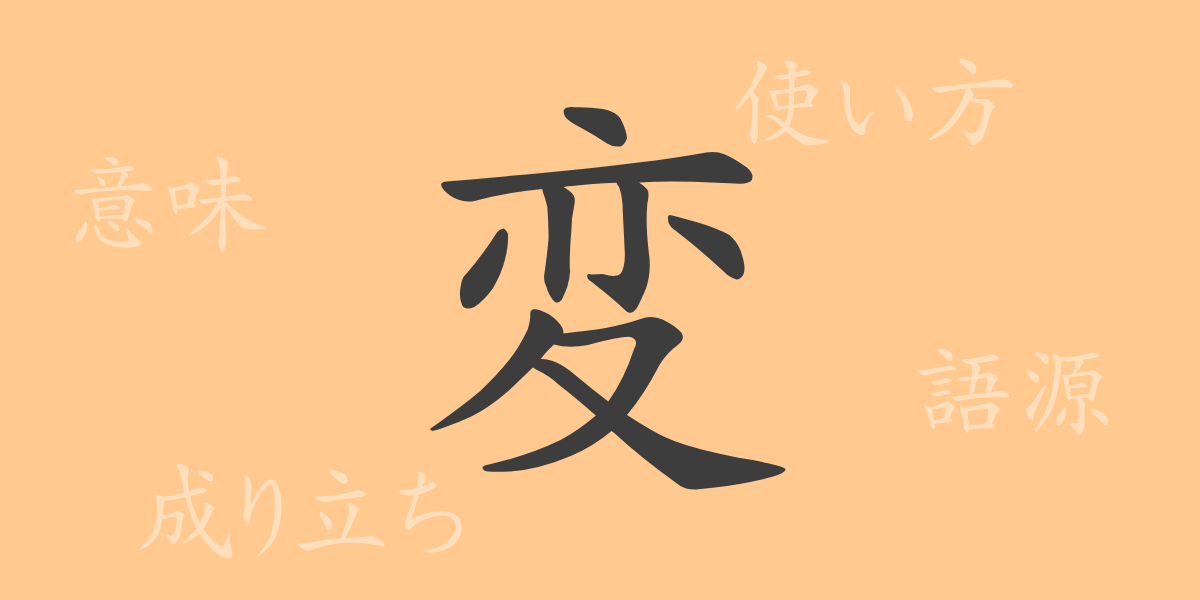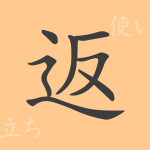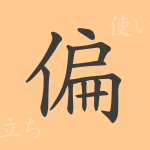Kanji(かんじ) are a treasure trove of words with profound meanings embedded in their shapes and sounds. The commonly used Japanese kanji “変(へん, hen)” is no exception. Frequently used in daily life, this kanji encompasses diverse expressions and deep philosophies. In this article, we will delve into the origin of the kanji “変(へん, hen),” its modern usage, and the idioms and phrases that incorporate it.
The Origin of 変(へん, hen)
The kanji “変(へん, hen)” traces its origins back to ancient Chinese oracle bone script. Initially, it combined the symbol for fire “火(ひ, hi)” with “亦(えき, eki),” which means to overlap, signifying “fire overlapping” and thus giving rise to the meaning “to change” or “to transform.” Over time, the shape evolved into the current form “変(へん, hen).”
The Meaning and Usage of 変(へん, hen)
The kanji “変(へん, hen)” carries meanings such as “to change,” “modification,” and “transformation.” It indicates the transition of something to another state or form, often used to express the denial of constancy. Additionally, it can refer to abnormal or peculiar situations.
Readings, Stroke Count, and Radical of 変(へん, hen)
The kanji “変(へん, hen)” has multiple readings in Japanese.
- Readings: In on’yomi (音読み, on’yomi), it is read as “ヘン(へん, hen),” and in kun’yomi (訓読み, kun’yomi), it is read as “かわる(変わる, kawaru)” or “かわり(変わり, kawari).”
- Stroke Count: “変(へん, hen)” has a total of 9 strokes.
- Radical: The radical is “亦(えき, eki),” which can also be represented in its altered form “夂(ちょすいへん, chosuihen).”
Idioms, Phrases, and Proverbs Using 変(へん, hen) and Their Meanings
There are numerous idioms, phrases, and proverbs that include the kanji “変(へん, hen),” each with its unique meaning.
- 変革(へんかく, henkaku): To fundamentally change and renew something.
- 変貌(へんぼう, henbou): To transform into a completely different appearance.
- 変遷(へんせん, hensen): The change of eras or circumstances.
- 一変する(いっぺんする, ippensuru): For a situation to change completely.
- 風変わり(ふうがわり, fuugawari): To be unusual or different from the norm.
Summary of 変(へん, hen)
The kanji “変(へん, hen)” embodies meanings of change and modification, and it is widely used in our daily lives. Despite its evolving form through history, its essence remains unchanged, seamlessly integrating with many words in the Japanese language. Symbolizing a changing world, “変(へん, hen)” will continue to live on in our words.

























